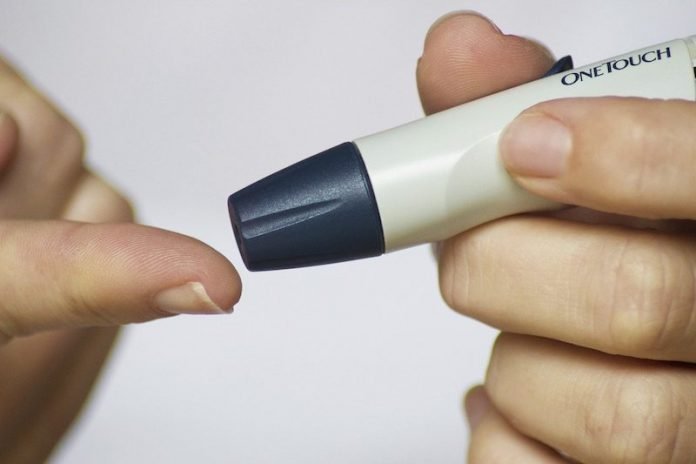
In a new scientific statement, researchers claim two newer types of drugs prescribed primarily for Type 2 diabetes treatment (SGLT2 inhibitors and GLP-1 receptor agonists) could strongly reduce risks of chronic kidney disease (CKD) and heart disease.
They believe the medicines should be considered for people with CKD and type 2 diabetes to protect against heart and kidney disease and their serious complications.
The research was conducted by a team at Thomas Jefferson University.
Chronic kidney disease (CKD) is a common long-term complication of Type 2 diabetes and represents a major public health problem in the U.S. The two leading causes of chronic kidney disease are Type 2 diabetes and hypertension.
There are 26 million people in the U.S. diagnosed with diabetes and an additional 9.45 million are undiagnosed.
In the U.S., 108 million (45%) adults have high blood pressure (130/80 mmHg or higher) or are taking blood pressure medications. An estimated 37 million American adults have kidney disease.
Most patients with end-stage kidney disease have Type 2 diabetes, and people with Type 2 diabetes are at increased risk for high blood pressure, heart attacks, heart failure, and stroke.
Although there are established standards of care, a disproportionately high burden of kidney and heart disease exists in this population, leading to concerning levels of avoidable death, illness and health care costs, as well as poor quality of life.
The team reviewed evidence from multiple international studies of two classes of blood sugar control medications — sodium-glucose co-transporter 2 (SGLT2) inhibitors and glucagon-like peptide-1 receptor agonists (GLP-1 RAs) — in patients with Type 2 diabetes, chronic kidney disease and those who were either at risk for or already had heart disease.
They found that SGLT2 inhibitors and GLP-1 RAs can safely and effectively reduce the risk of heart disease events and death, reduce hospitalization and slow the progression of chronic to end-stage kidney disease including the risks of dialysis, transplantation or death.
The scientific statement provides detailed, practical guidance for health care professionals to recognize and treat patients who may benefit from SGLT2 inhibitor and GLP-1 RA medications.
The team found two additional patient subgroups who may benefit from SGLT2 inhibitors and GLP-1 RAs: people with heart failure with reduced ejection fraction (HFrEF) with or without Type 2 diabetes; and people with chronic kidney disease who do not have Type 2 diabetes.
They anticipate more data emerging to validate the use of SGLT2 inhibitors and GLP-1 RA medications for these at-risk patients.
One author of the study is Janani Rangaswami, M.D., FACP, FAHA, an associate chair of research in the department of medicine.
The study is published in Circulation.
Copyright © 2020 Knowridge Science Report. All rights reserved.



